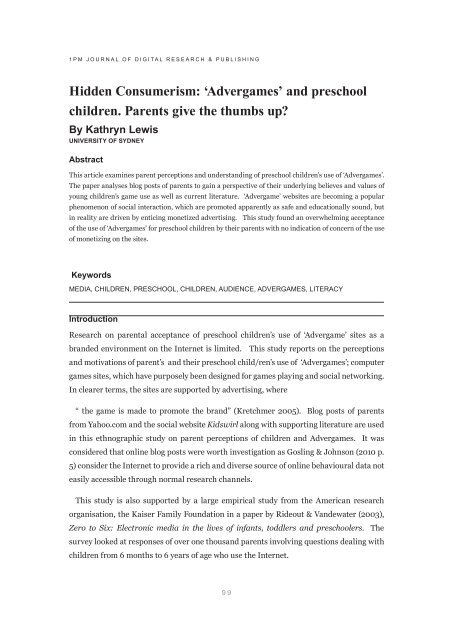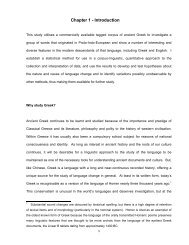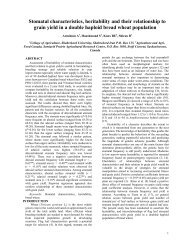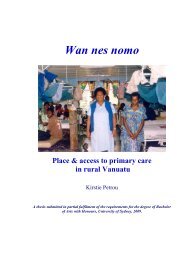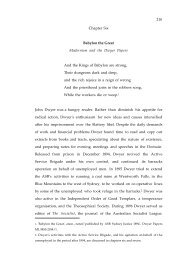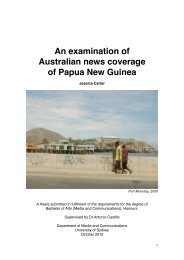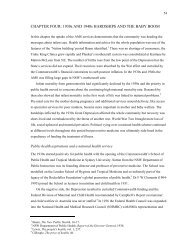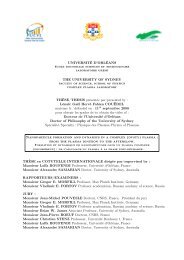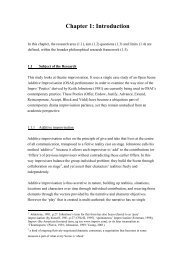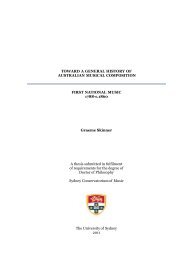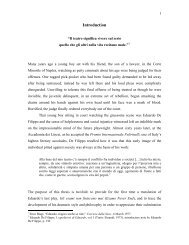journal of digital research & publishing - The Sydney eScholarship ...
journal of digital research & publishing - The Sydney eScholarship ...
journal of digital research & publishing - The Sydney eScholarship ...
Create successful ePaper yourself
Turn your PDF publications into a flip-book with our unique Google optimized e-Paper software.
1 P M J O U R N A L O F D I G I T A L R ESEARCH & P UBLISHING<br />
Hidden Consumerism: ‘Advergames’ and preschool<br />
children. Parents give the thumbs up?<br />
By Kathryn Lewis<br />
UNIVERSITY OF SYDNEY<br />
Abstract<br />
This article examines parent perceptions and understanding <strong>of</strong> preschool children’s use <strong>of</strong> ‘Advergames’.<br />
<strong>The</strong> paper analyses blog posts <strong>of</strong> parents to gain a perspective <strong>of</strong> their underlying believes and values <strong>of</strong><br />
young children’s game use as well as current literature. ‘Advergame’ websites are becoming a popular<br />
phenomenon <strong>of</strong> social interaction, which are promoted apparently as safe and educationally sound, but<br />
in reality are driven by enticing monetized advertising. This study found an overwhelming acceptance<br />
<strong>of</strong> the use <strong>of</strong> ‘Advergames’ for preschool children by their parents with no indication <strong>of</strong> concern <strong>of</strong> the use<br />
<strong>of</strong> monetizing on the sites.<br />
Keywords<br />
5+!"%U'(3"&!*+0U'.*+4(3--&U'(3"&!*+0U'%)!"+0(+U'%

